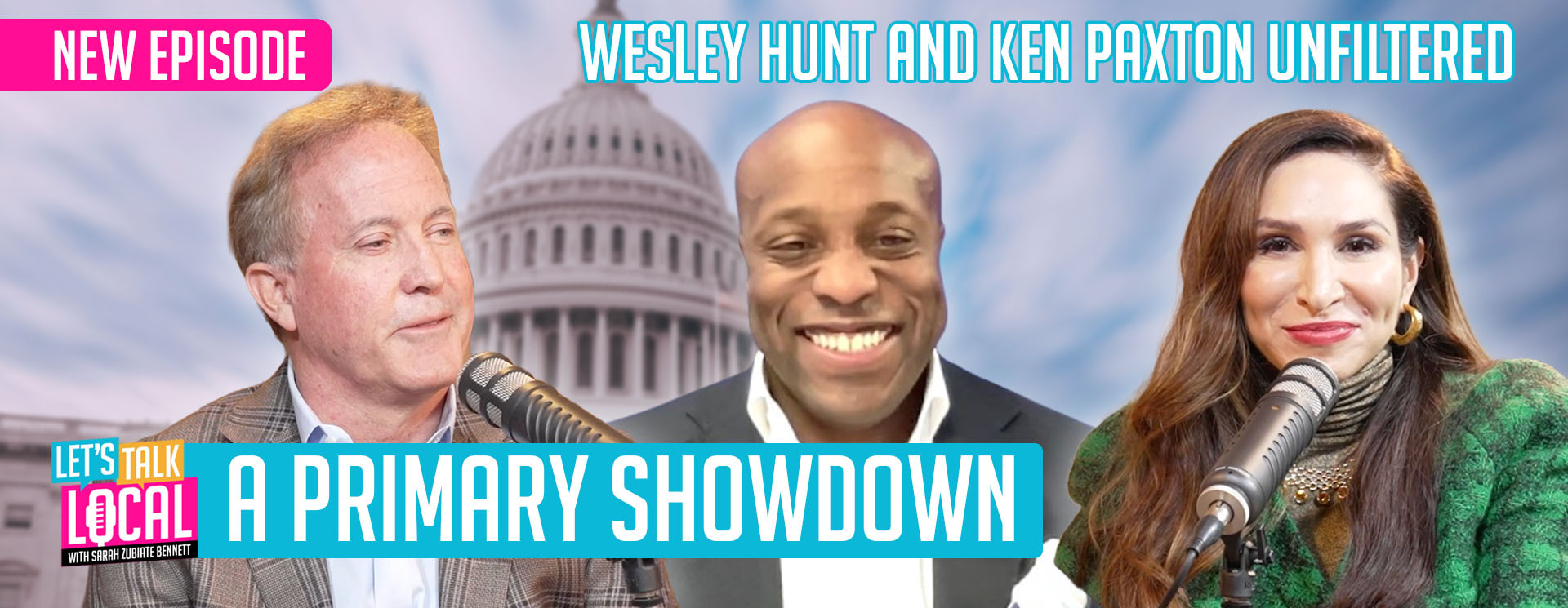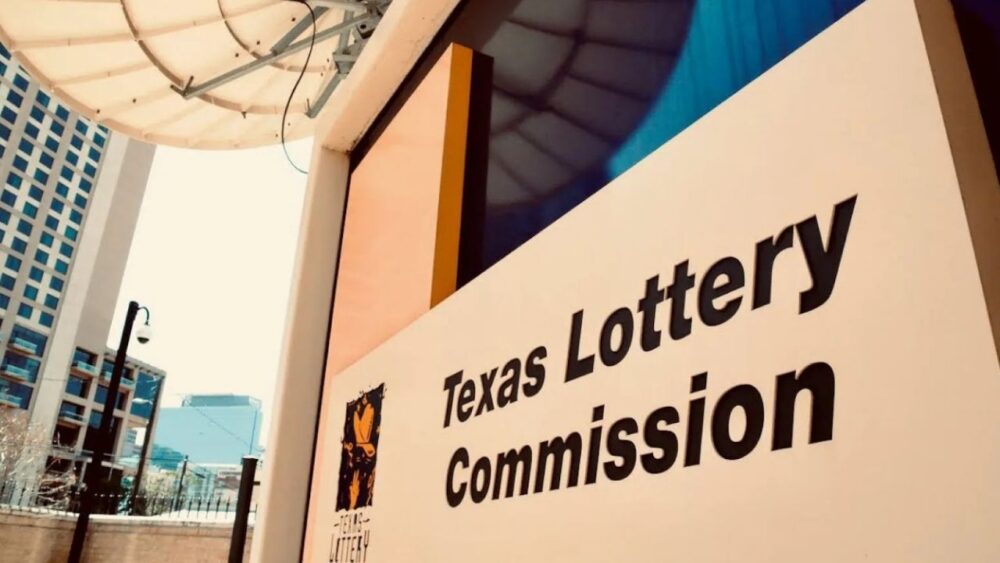(Texas Scorecard) – When he died two years into his tenure as executive director of the Texas Lottery, Anthony Sadberry became the exception that proves the rule: corruption is a constant at the Texas Lottery Commission.
Aside from Sadberry, all of the Texas Lottery’s leaders have been embroiled in controversy.
If state leaders do the right thing and abolish the lottery, Gary Grief will go down as one of the worst. But he’s just the last—excluding the flash in the pan of Ryan Mindell—in a continuous line of corruption that runs straight through to the agency’s start.
But Grief’s sins against the State of Texas and its taxpayers are unique.
While other executive directors were embroiled in individual corruption, Grief’s leadership completely corrupted the already-perverse institution.
What’s even more interesting is that Grief was around to see every instance of a leader being removed.
He spent 32 years at the agency and was there to witness all prior corruption. This might explain why he bailed before he was caught, threw Ryan Mindell to the Sunset Review wolves, and has allegedly vanished.
We’ll revisit the circumstances surrounding Grief’s retirement—including the commissioners’ decision to max out his salary on his way out the door—but let’s start at the beginning.
The first executive director of the Texas Lottery was Nora Linares, whose term lasted five years. Linares resigned in 1997 amid controversy over her relationship with a lottery vendor and questions about contract awards. An internal investigation found she had not broken any laws, but she stepped down to avoid further controversy and distraction for the agency.
While Linares’ resignation was the center of attention, it was clear that there were more issues within the lottery. According to reporting from that time, the Texas Rangers spent weeks in the Texas Lottery’s offices, and then-Gov. George Bush had to hire a fixer, Harriet Miers, to manage the agency.
Linares’ departure from the commission led to Lawrence Littwin’s short-lived tenure atop the agency. Littwin lasted just five months before he was fired. He sued, alleging he was fired for investigating irregularities in lottery operations, including vendor relationships.
Reagan Greer was executive director from 2002 to 2006. Greer resigned in July 2006 after the lottery was exposed for advertising jackpots that were larger than available payouts. The controversy centered on misleading jackpot estimates for Lotto Texas.
Following Greer’s resignation, the aforementioned Anthony Sadberry assumed the mantle of executive director for two years until he passed away. Gary Grief stepped into the role of acting executive director and was later permanently appointed.
In 2015, Grief attempted to legalize sports gambling in Texas through the Texas Lottery, an effort that Attorney General Ken Paxton thwarted. Then, in 2016, immediately after having his hand slapped, Grief smuggled online gambling into the state via lottery ticket resellers.
In 2023, a group of resellers assisted an international buyer in rigging a $95 million jackpot. According to a recently filed lawsuit, Grief knew that the jackpot was going to be stolen from Texans, and instead of stopping the scheme, he aided it by sending more machines to multiple locations so mass printing could occur.
That drawing occurred in April 2023, which coincided with a legislative session, during which Grief misled members of the Senate about resellers operating openly in Texas. The Lottery Commission’s Sunset Review process was accelerated as a result.
Rather than sticking around to face the music, Grief resigned and left the people he had lavished with praise in his retirement speech to fend for themselves and the agency he imperiled.
Ryan Mindell took over as executive director. Grief said during his retirement announcement in 2023 that he was proud to have identified Ryan as the future leader of the agency and a friend.
Rumors of Mindell’s departure from the agency were swirling around the Capitol the week before his resignation was announced, meaning it’s likely he didn’t actually survive for a year in the role before he was run out. This happened despite efforts to blame Grief for the agency’s bad actions.
But that’s the ongoing issue with the Texas Lottery: it’s corrupt to the core, and actors both within the agency and on the periphery are anchored to a Grief-like approach to running it.
For instance, Bob Baird is still the agency’s general counsel. Grief called Baird a “confidante and consigliere” and one of the “top legal minds in the lottery industry.” Perhaps he is, but it appears as though this mind was set on abusing the power of a state agency to illicitly expand gambling in the State of Texas. Grief made Baird general counsel in 2016, the same year that he began recruiting lottery ticket resellers to operate in Texas.
Nelda Trevenio, another Grief crony, was left in government relations. Grief called her a good friend and said she was “frankly, like a sister.”
All of these individuals were intimately familiar with Texas Lottery operations, including its expansion beyond the law and legislative intent. They were also instrumental in misleading lawmakers about the lottery’s operations.
Now the agency has a new interim director in Sergio Rey, and based on his testimony before the Texas Senate earlier this week, he’s following in the footsteps of his predecessor, Mindell.


